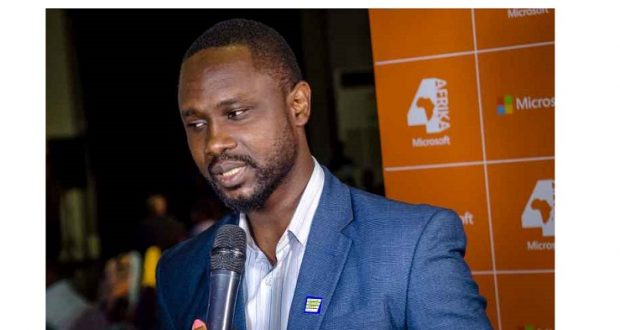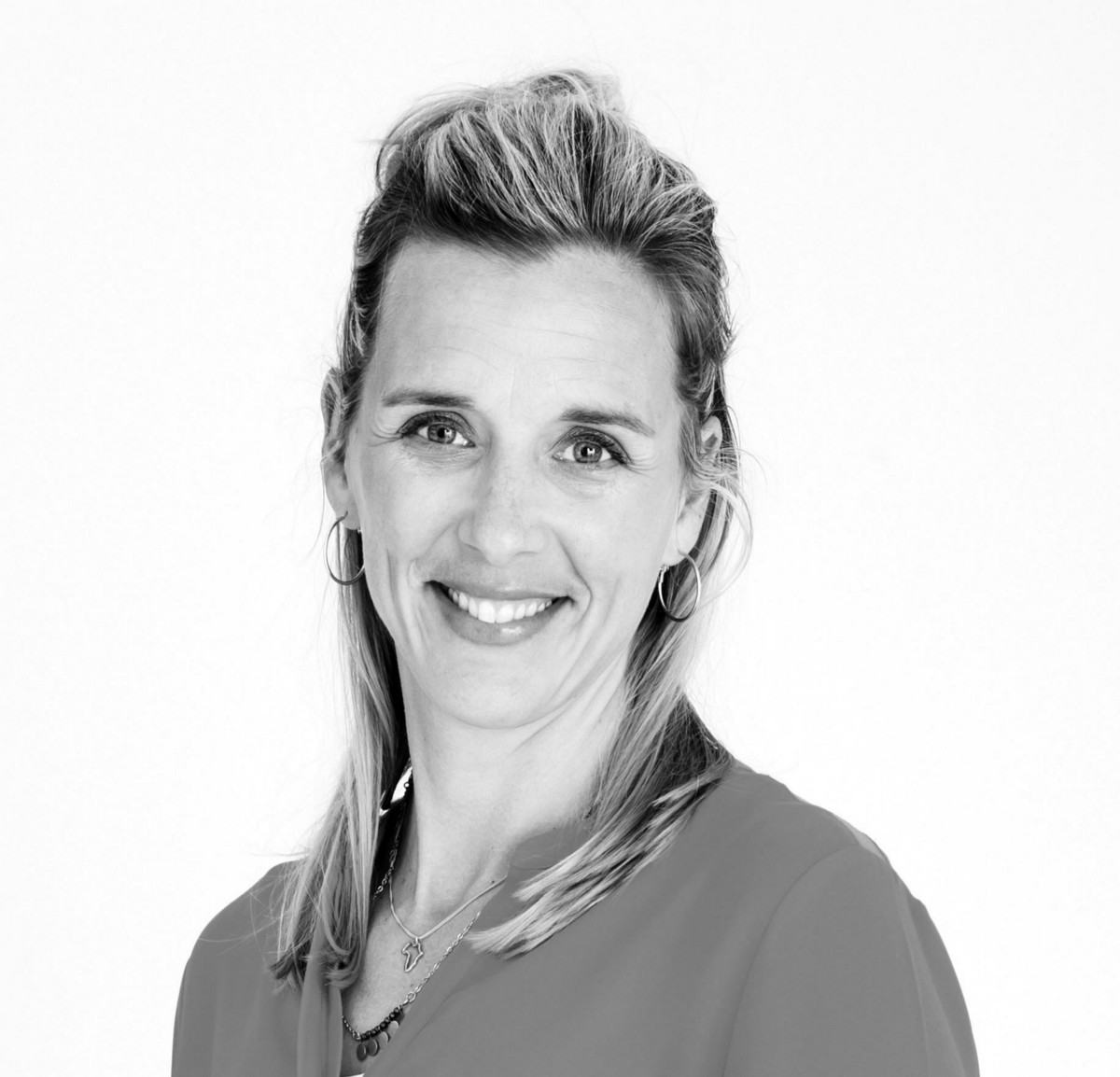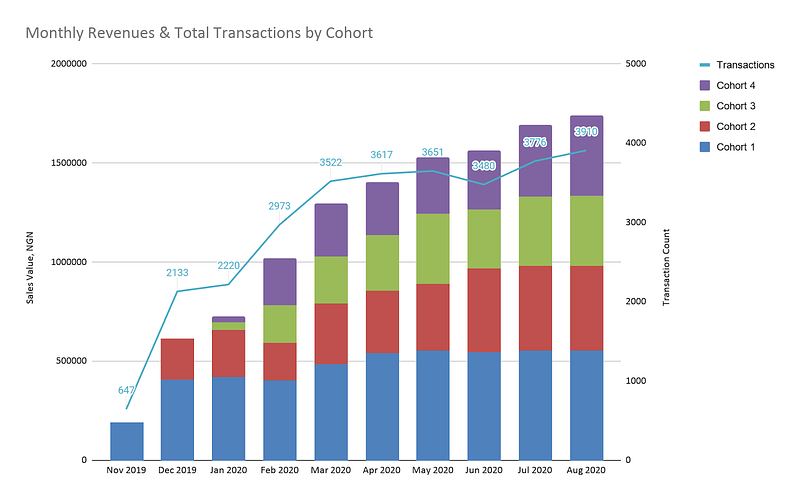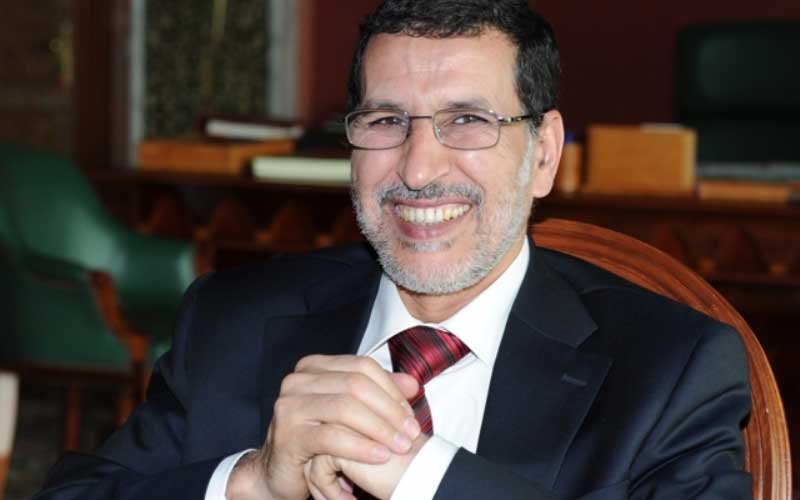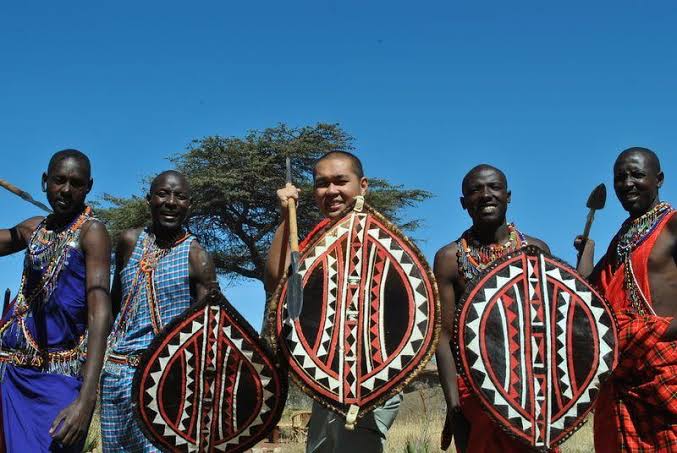Three Important Reasons for African SMEs to Revise their Business Models Post-COVID
By Soromfe Uzomah
For every company, innovation is tremendously important, but in many cases, innovation is only associated with new products or technical renewals. However, business model innovations can be significantly more profitable, and current pandemic-driven changes in customer behaviour and technological innovations have created a window of opportunity for companies to explore new business models.

Every company has a business model, but at times, this must change to ensure the company’s ongoing success and ultimately, its survival.
Even minor changes to a business model can have great benefit to customers and businesses – and the goal of business model innovation is to better satisfy the needs of the customer than the existing one allows for.
Read also:Every Digital Business Needs a Data Strategy
Most innovation is incremental, such as product innovation, but changing a business model is likely more radical, as it changes the foundational decisions on which the business operates and as such, brings higher risk, but also the chance of long-term survival and success. One only has to think of companies like Uber, Airbnb or Spotify, who were able to disrupt each of their industry’s traditional business models by tweaking or inverting them.
Here are 3 important reasons for African SMEs to reimagine their business models post-COVID:
Times of Change Require New Thinking
In times of significant change, such as those stemming from a global pandemic and the associated impacts of the disruption to global trade, it’s pertinent for companies to think about how the business environment is changing, and what business model changes might help the company adapt to this shifting landscape.
Read also:Growing Mobile Money in Africa Driven by Startup “Unicorns”
Whether this is a reinvention of a business model to manage fundamental industry changes, adaptation and experimentation to accommodate fluctuations or pivots in an industry, a maverick approach that embraces employing an advantage to revolutionise an industry, or the adventurer approach that explores or expands into altogether new or adjacent territories, businesses cannot afford the luxury of complacency.
McKinsey reports that Africa has large unserved markets and companies need the imagination to see unmet demands or unsolved problems as opportunities.
Indeed, smaller and medium-sized enterprises (SMEs) have a critical role to play in accelerating economic development, serving the unmet needs of African markets, and especially creating jobs.
Read also: Why Mobile Technology is Important to Rural African Communities
Four innovation practices are important here: creating products and services that fulfil Africa’s unmet needs; rethinking business models to truly engage with customers; getting lean to drive down costs and price points, and harnessing technology to unleash the next wave of innovation.
Startups and SMEs are at an advantage over big business, as they can adapt and iterate their business models as they are in the process of business design, either as a startup at the outset of their development process or with the agility that comes from a small, lean organisation.
This is not to suggest that big businesses are incapable of doing the same, as we know that several large, well-established organisations have leaned into their advantage of greater resources to challenge their existing business model and disrupt themselves. Think for example of Microsoft itself, which has moved from being primarily a hardware company to become more cloud-focused, embracing enterprise and services.
Africa is a Continent of Innovators
While Africa has been viewed as being behind the curve in recent decades, it is quickly becoming a hotbed of innovation, and the continent is now an eager adopter of and innovator in all things digital and mobile.
Read also:African Crypto Startups Get A New Investor, Audacity Fund
Many challenges remain, but the seed of innovation has taken root. African startups and SMEs, along with non-profits and big companies, are using innovative technology to solve pressing needs in their communities.
Startups such as Microsoft 4Afrika partners Twiga Foods, M-Kopa Solar and Farmerline are leading the way in innovating for challenges as widespread as professionalising East Africa’s market economy and offering mobile weather forecasts to rural smallholder farmers, to lighting up affordable and accessible solar grids.
And Nigerian fintech Flutterwave was recently named on TIME’s 2021 list of the 100 Most Influential Companies in the world in the Pioneers section for its work enabling digital payments for African companies. Deepening the continent’s competitive capabilities is essential if we are to diversify the continent’s economies.
This is the great benefit of the widespread use of technology – digital transformation has played an important role in advancing innovation and helping African entrepreneurs find ingenious ways to solve local problems.
The Invention Economy Must Aim to Become the Innovation Economy
The invention economy – where there are lots of great ideas, but a lack of scalable products – must become an innovation economy, where competitive products are produced at scale. Invention is important, but it only becomes innovation when it solves a customer problem and has a business model that creates or captures value.
However, innovation in Africa is often stymied by resource constraints, a lack of access for SMEs to financing, a lack of technical skills and inadequate infrastructure that make it hard to generate profits and generate the growth needed to survive.
We must strengthen the innovation ecosystems in Africa.
For SMEs and startups to thrive in the competitive world of business, they need to progressively innovate to ensure that goods and services reach untapped customer needs, and for this business models must allow innovation to flourish. Here accelerators and innovation hubs have an important role to play in nurturing talent and identifying and supporting future unicorns.
Read also:Nigeria’s Central Bank Raises Capital Requirements for Payment Solutions Service Providers $609,000
While the COVID-19 pandemic has presented significant challenges to SMEs, it also represents an opportunity to adapt in order to make the most of their resources.
Business model innovation is one of the most effective ways for companies to stand out from the competition and secure their futures, particularly in turbulent times.
Soromfe Uzomah, Head: Strategic Partnerships, Microsoft 4Afrika.
Kelechi Deca

Kelechi Deca has over two decades of media experience, he has traveled to over 77 countries reporting on multilateral development institutions, international business, trade, travels, culture, and diplomacy. He is also a petrol head with in-depth knowledge of automobiles and the auto industry

